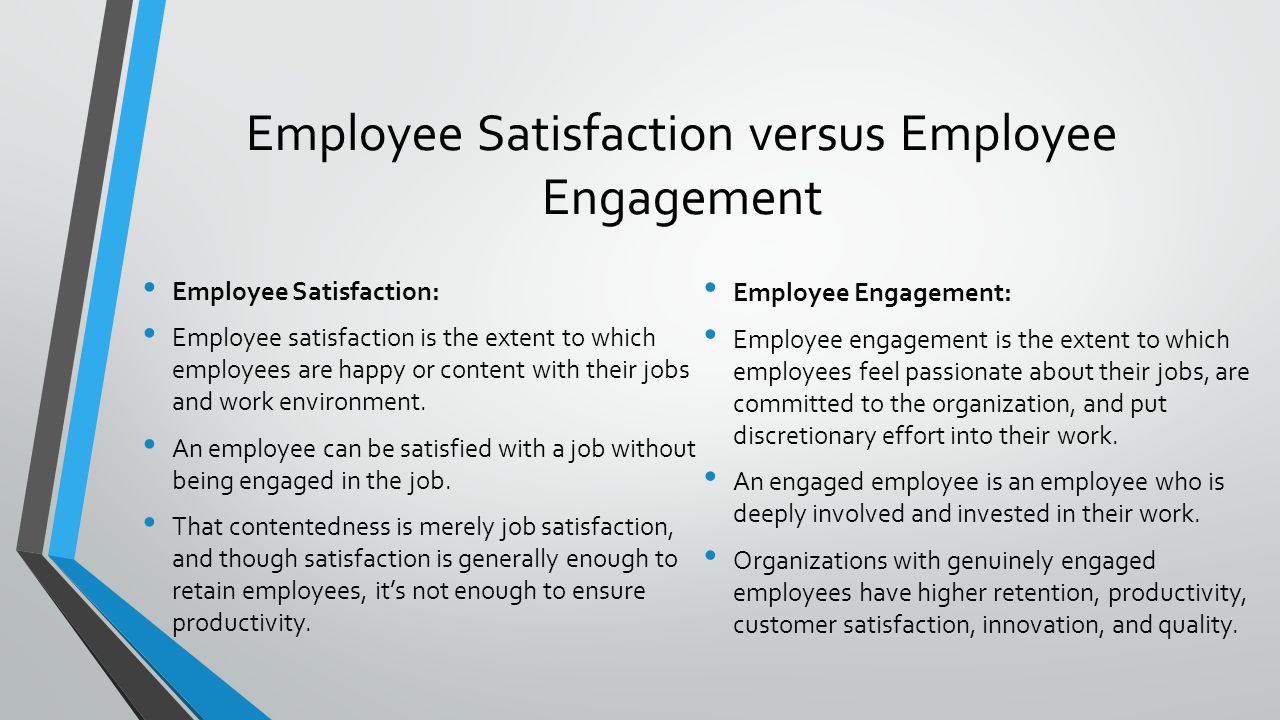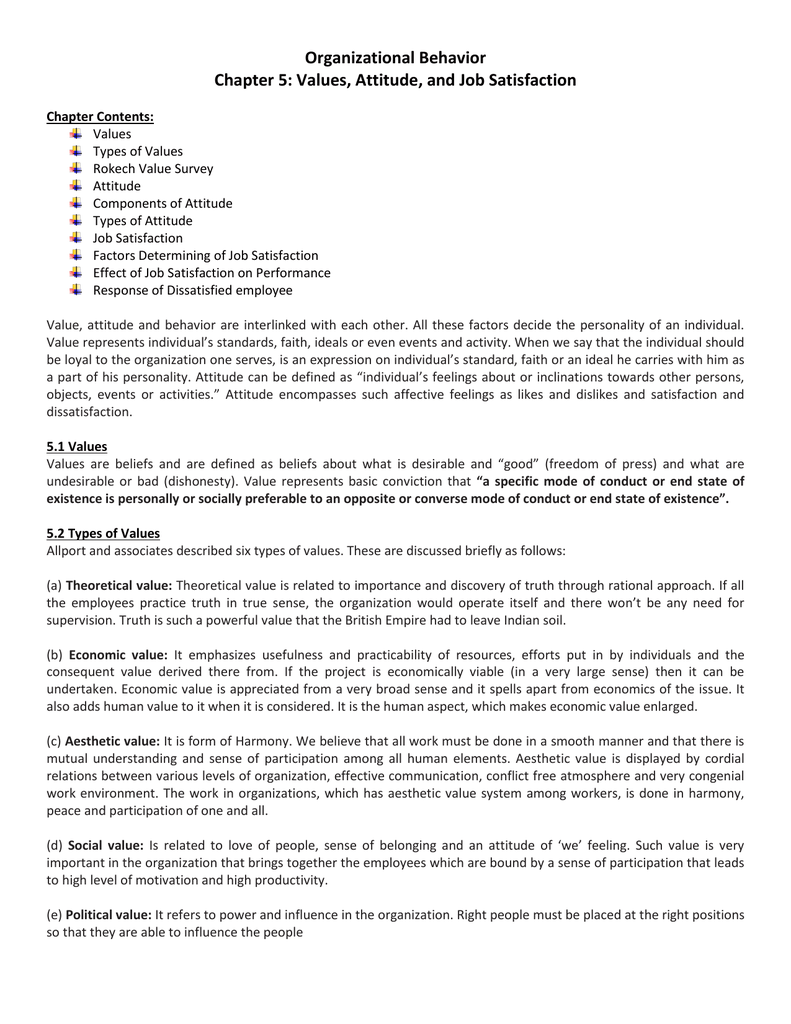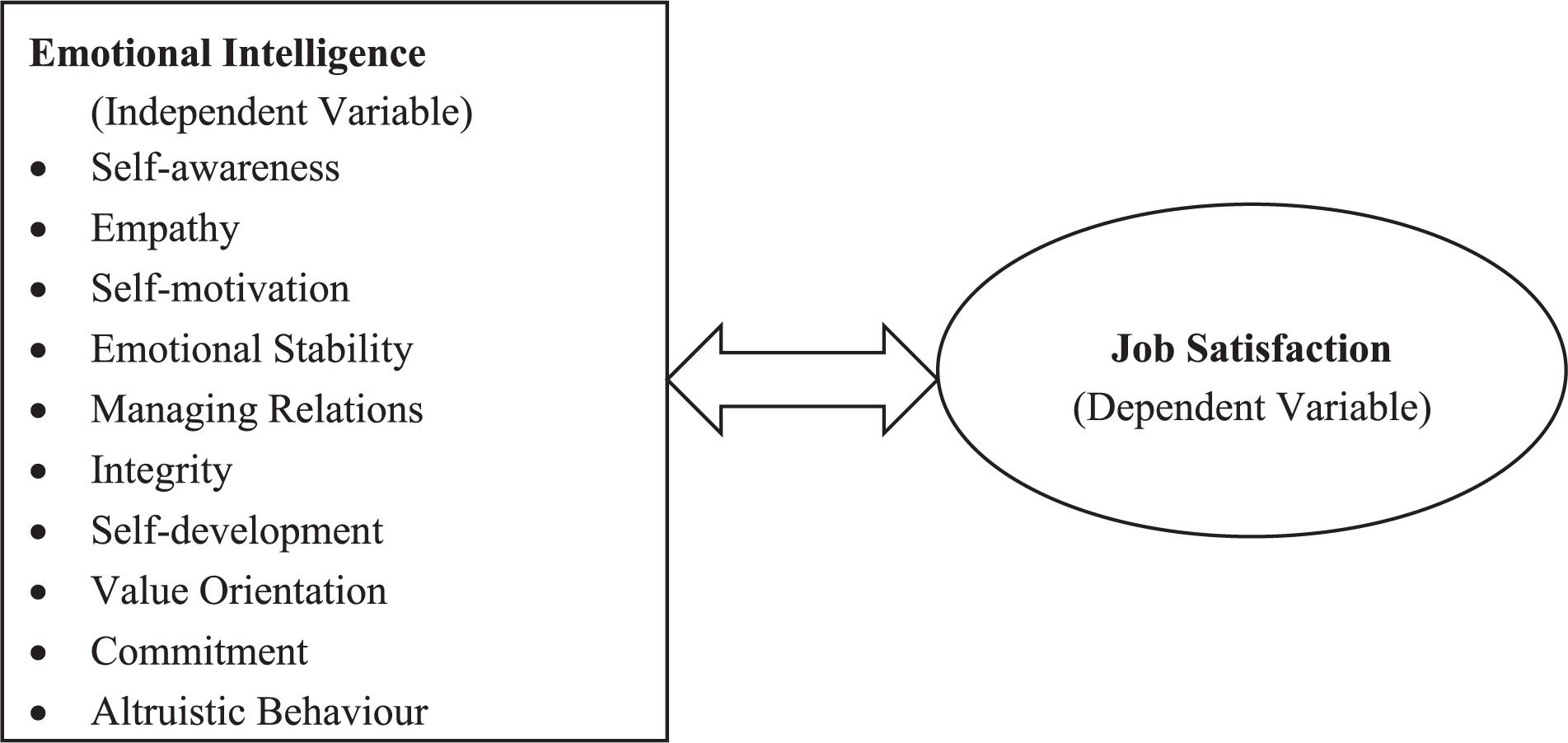Job satisfaction is a crucial aspect of an employee's work experience and can have a significant impact on an organization. It refers to the positive or negative attitudes that an employee has towards their job and can be influenced by various factors such as working conditions, salary, benefits, opportunities for advancement, and the overall work culture.
High levels of job satisfaction can lead to numerous benefits for both the individual employee and the organization as a whole. For the employee, job satisfaction can lead to increased motivation, productivity, and commitment to their work. These factors can result in higher quality work, fewer mistakes, and a lower turnover rate, which can all contribute to the overall success of the organization.
In addition, happy and satisfied employees are more likely to have a positive attitude towards their job and the organization, which can lead to improved customer service and better relationships with colleagues. This can ultimately lead to increased customer satisfaction and a stronger reputation for the organization.
On the other hand, low levels of job satisfaction can have negative consequences for both the employee and the organization. Disengaged and unhappy employees are more likely to be unproductive, make mistakes, and have a higher turnover rate, which can all negatively impact the success of the organization. In addition, low job satisfaction can lead to a negative work environment, which can be detrimental to the overall morale and productivity of the team.
In order to promote job satisfaction within an organization, it is important for management to consider the needs and preferences of their employees. This can include providing opportunities for advancement, offering competitive salary and benefits packages, and creating a positive and supportive work culture. By prioritizing the well-being and satisfaction of their employees, organizations can create a positive and productive work environment that benefits both the individual and the organization as a whole.
In conclusion, job satisfaction plays a significant role in the success of an organization. By promoting high levels of job satisfaction, organizations can benefit from increased productivity, lower turnover rates, and a positive work environment, while low levels of job satisfaction can have negative consequences for both the individual employee and the organization. Therefore, it is important for management to prioritize the satisfaction and well-being of their employees in order to create a positive and successful work environment.







